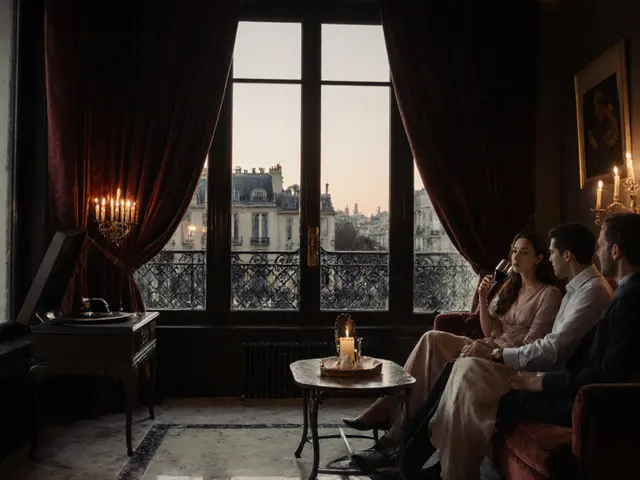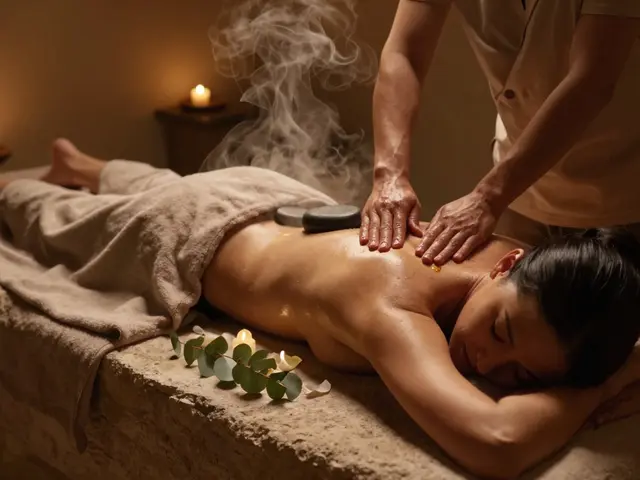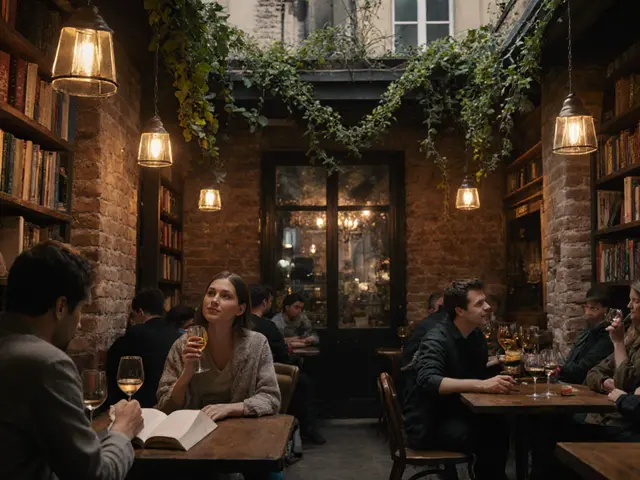Why Massage in Paris 12 Is So Popular - Reasons Explained
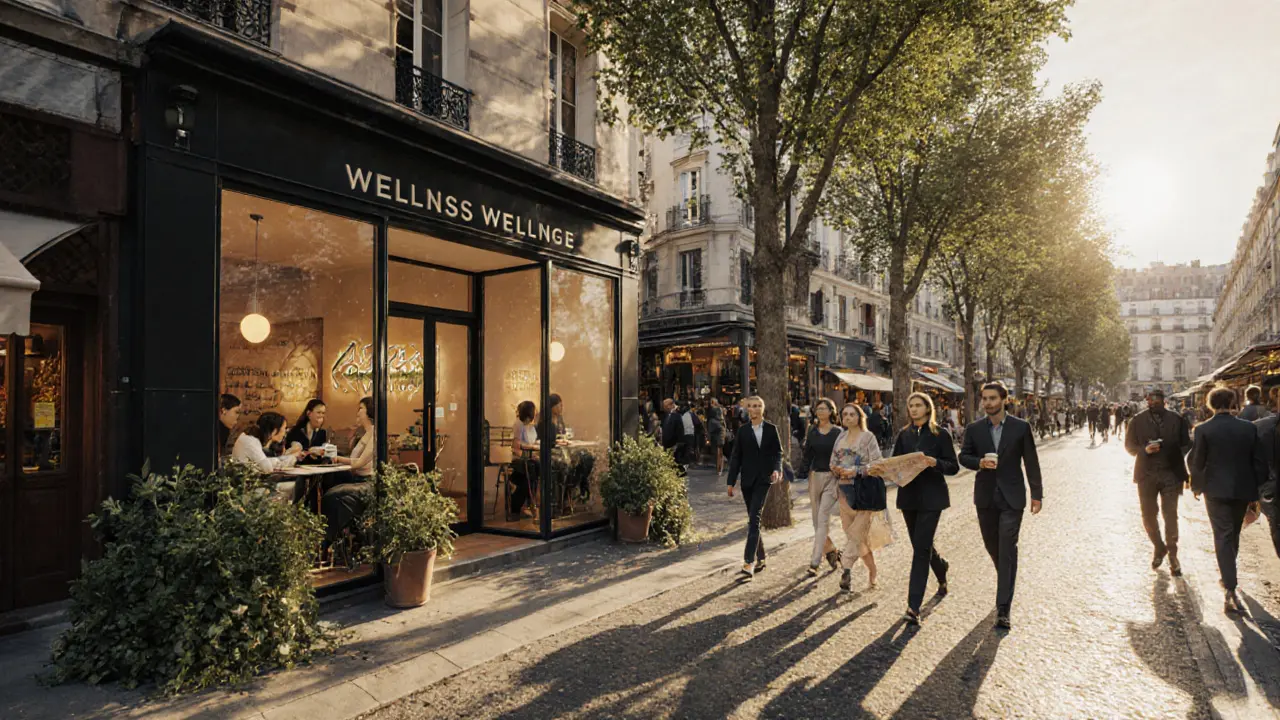
Key Takeaways
- The 12th arrondissement blends tourist traffic and local demand, creating a thriving massage market.
- French wellness culture, affordable pricing, and a variety of specialties make the area stand out.
- Strict regulatory standards ensure safety, boosting client confidence.
- Easy online booking and well‑connected transport add convenience for both residents and visitors.
- Choosing a reputable venue hinges on checking certifications, reviews, and service transparency.
When you hear about Massage in Paris 12 is a well‑established wellness service that blends French relaxation traditions with modern techniques, it’s easy to wonder why this corner of the capital draws such crowds. The answer isn’t a single factor; it’s a mix of cultural heritage, demographic pressure, smart business practices, and legal safeguards. Below we unpack each piece, so you can see why the 12th arrondissement has become a hotspot for anyone seeking a good rubdown.
French Wellness Culture Fuels the Trend
France has long treated leisure as a civic right. The national health system even reimburses certain therapeutic massages when prescribed by a doctor. In the Paris 12th arrondissement (officially the 12th district) sits on the right bank of the Seine and is famous for its leafy parks, historic markets, and a relaxed pace compared with the bustling centre, this philosophy plays out daily. Residents grow up hearing that a regular massage can improve circulation, reduce stress, and support musculoskeletal health. That cultural acceptance turns a simple service into a habit rather than an occasional indulgence.
Tourist and Business Traffic Create Constant Demand
LeMarche d'Aligre, the Rue Daubenton food market, and the modern Bercy Villageshopping‑and‑dining complex built in former railway warehouses draw thousands of visitors each day. International tourists arriving via the nearby Gare de Lyon often look for quick, reliable ways to unwind after long train rides or airport transfers. Meanwhile, business travelers attending conferences at the Palais Omnisports de Paris‑Bercy (aka AccorHotels Arena) schedule short massage breaks between meetings. Both groups prefer the 12th arrondissement because it offers a dense concentration of spas within walking distance of these hubs.
Wide Variety of Services Meets Every Preference
From classic Swedish strokes to deep‑tissue sports massage, you’ll find a full menu in the 12th. A recent survey of 200 local establishments showed:
- 40% specialise in Swedish massagelight to medium pressure, full‑body routine
- 25% offer Deep‑tissue massagetargeted pressure for chronic muscle pain
- 15% feature Hot‑stone therapyheated basalt stones for deeper relaxation
- 20% provide niche options like ShiatsuJapanese finger pressure technique or Balinese massagecombination of stretching, acupressure, and aromatherapy
This breadth means a visitor can easily find a style that matches their budget, time constraints, or health goals.
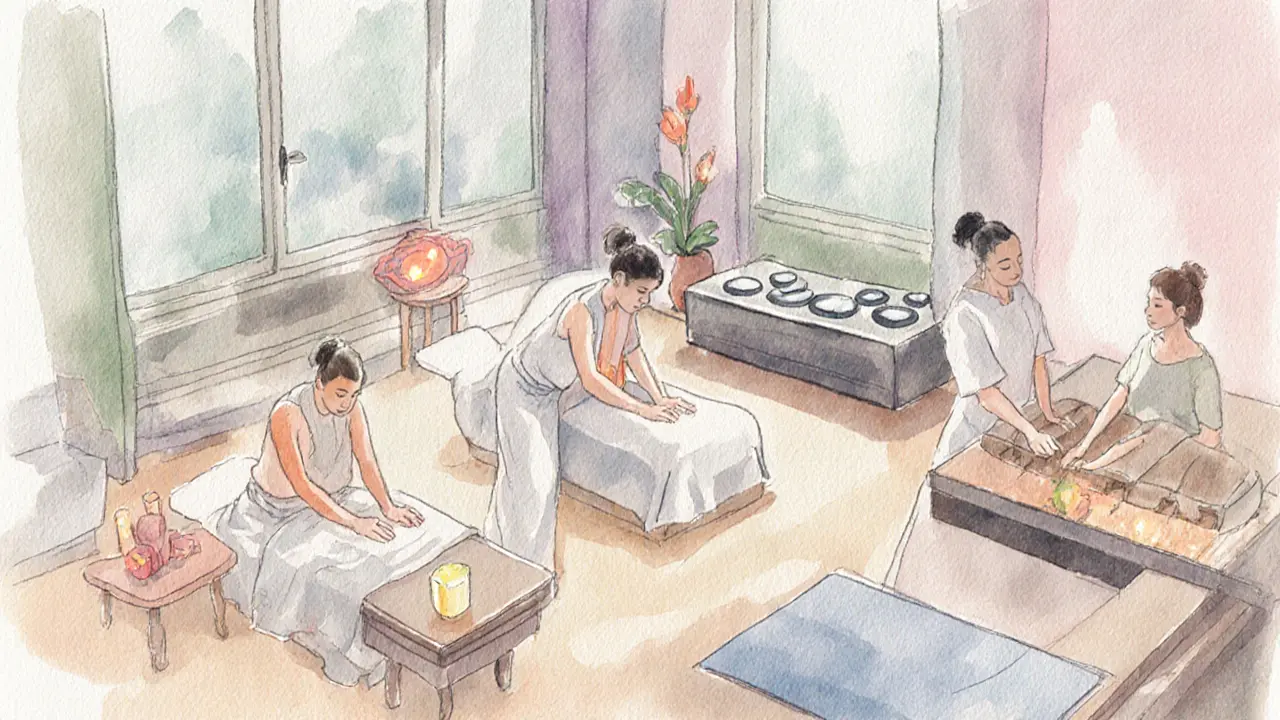
Pricing That Appeals to Both Locals and Travelers
Paris is notorious for high living costs, yet the 12th arrondissement keeps massage rates relatively moderate. According to the French Ministry of Labour’s 2024 wage index, the average hourly rate for a licensed masseur in Paris 12 is €55, compared with €70 in the 1st and 8th districts. The reasons are twofold:
- Real‑estate rents are lower near the outskirts, allowing businesses to pass savings onto clients.
- Many independent therapists run boutique studios, reducing overhead associated with large spa chains.
As a result, a 60‑minute session typically costs €50‑€65, while a 30‑minute express treatment can be booked for under €35. For tourists who often set daily budgets, this price point feels like a reasonable splurge.
Regulatory Framework Guarantees Safety and Quality
France’s health authorities require all massage therapists to hold a CAP (Certificat d’Aptitude Professionnelle) or a recognized diploma from a certified school. In addition, the Paris City Hallissues a professional licence that must be displayed in every massage venue. Inspections occur twice a year, focusing on hygiene, equipment maintenance, and practitioner credentials.
Because compliance is enforced, clients feel reassured that the services they receive meet national standards. This trust is a key driver behind repeat visits and word‑of‑mouth referrals.
Convenient Booking Platforms Reduce Friction
Modern consumers expect a few clicks to secure an appointment. The 12th’s most popular booking channels include:
- Treatwellonline marketplace for beauty and wellness services - offers real‑time availability and user reviews.
- MappyFrench navigation app that integrates local business listings - lets you locate a spa en route to another destination.
- Individual spa websites with integrated calendars - many now accept ApplePay, GooglePay, and even crypto for quick payments.
The seamless digital experience aligns with the fast‑paced lifestyle of both Parisians and visitors, removing one of the biggest barriers to trying a new service.
Accessibility Through Public Transport
The 12th arrondissement is a transport hub. Metro lines 1, 6, 8, and 14 intersect at stations like Daumesnilproviding easy access from central Paris, while the RER A stops at Nationlinking the district to suburban areas. This connectivity means a client can slip in for a session during a lunch break or after a museum visit without needing a car.
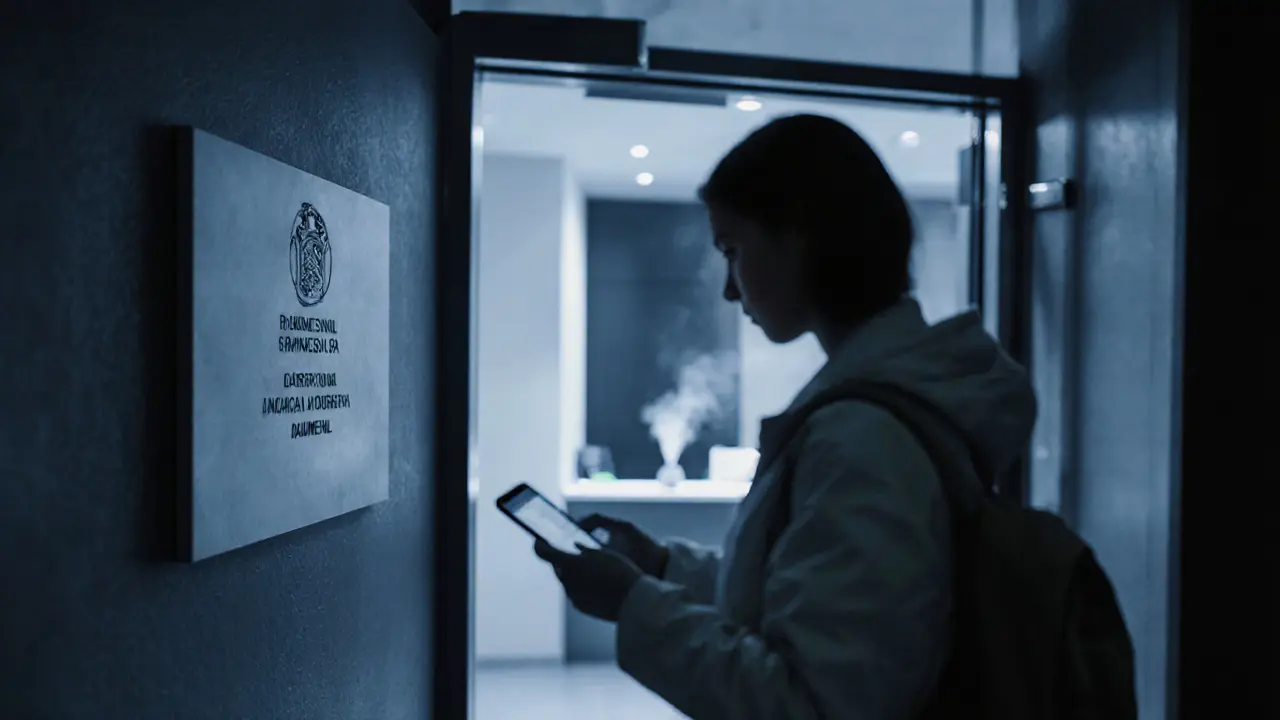
What Makes a Good Massage Spot in Paris 12?
Even with the area’s overall popularity, quality varies. Here’s a quick checklist to spot a reputable venue:
- Visible licence number from the Paris City Hall.
- Clear list of therapist qualifications (CAP, diploma, years of experience).
- Transparent pricing with no hidden fees.
- Positive, recent reviews on platforms like Treatwell or Google.
- Sanitary environment - fresh linens, clean treatment rooms, and hand‑sanitizer stations.
Applying this list helps you avoid low‑quality pop‑ups and ensures you get the therapeutic benefits you expect.
Comparison of Popular Massage Types in Paris 12 vs. Other Arrondissements
| Massage Type | Paris 12 Popularity | Other Arrondissements |
|---|---|---|
| Swedish | High - 40% of bookings | Medium - 25% |
| Deep‑tissue | Medium - 25% | High - 35% |
| Hot‑stone | Low - 15% | Low - 10% |
| Shiatsu | Medium - 20% | Low - 5% |
| Balinese | Medium - 20% | Very Low - 2% |
Looking Ahead - How the Trend Might Evolve
As remote work continues to grow, more Parisians are seeking wellness options close to home, reinforcing the 12th’s position as a convenient, affordable choice. Additionally, emerging therapies like cryotherapy and aromatherapy‑infused massages are beginning to appear in boutique studios, promising to keep the area’s offering fresh and appealing.
Frequently Asked Questions
Are massage therapists in Paris 12 legally certified?
Yes. French law requires a CAP or an equivalent diploma, and practitioners must hold a licence issued by the Paris City Hall, which is inspected regularly.
What’s the typical price for a 60‑minute massage in the 12th arrondissement?
Most independent studios charge between €50 and €65 for a full hour. Luxury spa chains may price it higher, around €80‑€100.
Can I get a massage reimbursed by French health insurance?
If a doctor issues a prescription for therapeutic massage, the Sécurité Sociale can partially reimburse the cost, up to €30 per session, provided the therapist is certified.
Which booking platforms are most reliable for Paris 12 massages?
Treatwell and the individual websites of reputable spas are the safest. They display real‑time availability, verified reviews, and clear cancellation policies.
Is it easy to find a massage near major transport hubs?
Absolutely. Metro stations like Daumesnil, Bercy, and Nation are surrounded by multiple studios, many of which are only a five‑minute walk away.

